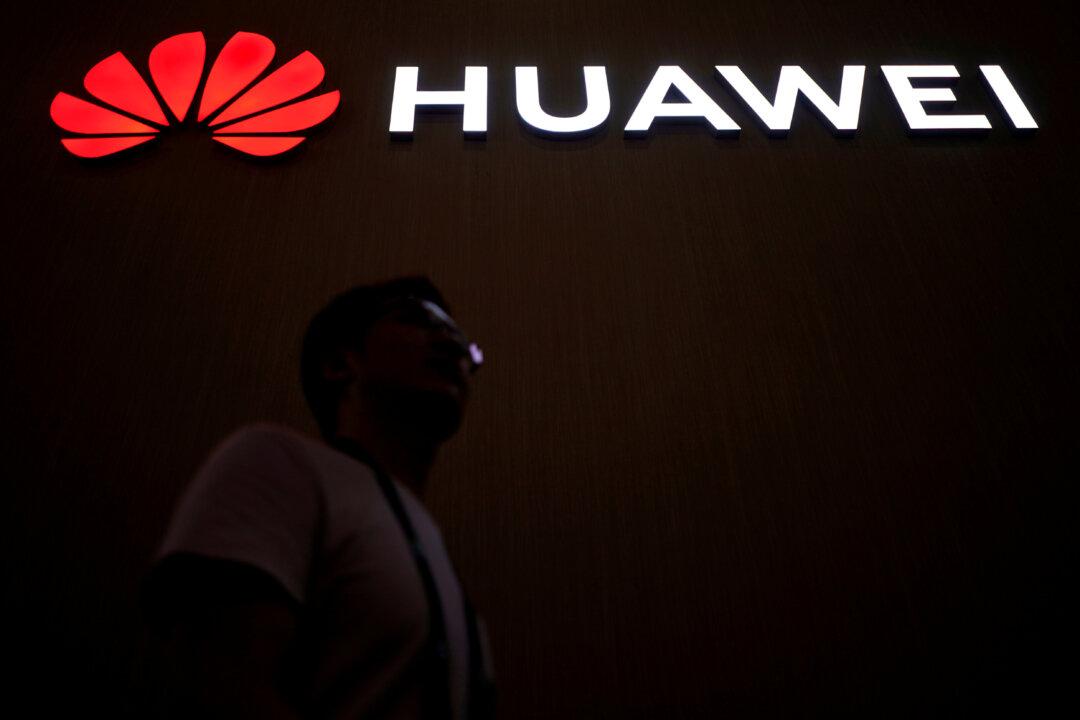News Analysis
The Chinese tech company Huawei has been in the media spotlight since Dec. 1, when Chief Financial Officer Meng Wanzhou was arrested in Canada at the request of U.S. authorities.
Huawei, which is privately owned yet has close links to the Chinese military and the Chinese Communist Party (CCP), is suspected of involvement in underhanded deals with Iran, in violation of U.S. sanctions.
U.S. prosecutors are now seeking to extradite Meng to the United States to face charges of fraud in relation to skirting Iran sanctions, according to evidence presented at a court hearing in Vancouver, Canada, on Dec. 7.
If the charges are true, they would put Huawei into the same bind as the Chinese regime’s other major telecom company, ZTE, which was found in April 2018 to have violated promises it made in court to rectify its behavior, after pleading guilty to having breached U.S. sanctions on Iran in 2017. ZTE was slapped with an export ban, and only allowed to resume procurements from U.S. suppliers after it agreed to pay a $1 billion fine and be subject to regular inspections.
Meng is alleged to have misrepresented the relationship between Huawei and Skycom, a Hong Kong-based company reportedly doing business with Iran. Prosecutors also allege Huawei controls Skycom.
Rumors began to surface in April that New York prosecutors were investigating whether Huawei violated U.S. sanctions against Iran, and that, since at least 2016, they were investigating alleged Huawei shipments to Iran.
In May, The Epoch Times received an intelligence memo showing that Pentagon technologies were transferred to Iran between May 2009 and December 2009, and that Huawei may have played a role.
The transfer was tied to Sumitomo Electric Lightwave, a Japanese-owned company based in North Carolina. The Pentagon contracted the company to develop next-generation fiber-optic cable for the U.S. military, and through its offices in Beijing, Sumitomo sold the technology to ZTE and Huawei.
A U.S. military intelligence officer, under condition of anonymity, told The Epoch Times that soon after Sumitomo sold the technologies to ZTE and Huawei, the technologies were obtained by the Chinese military.
“It wasn’t stolen. It was for civilian, or nonmilitary, purposes,” he said. “In China, it is being used for naval and for aircraft, like the J-10 jet, the high-end destroyers, cruisers, as well as for these evolving carriers.
It’s unclear whether Huawei played a role in the transfer of Sumitomo technologies to Iran, but the intelligence memo alleged that “a substantial quantity of FTTx Service Drop cable and about 30 (or many more) of the Type 39 Alignment Splicer” were transferred to Isfahan Optics Industries, as part of Iran’s “state-owned defense operation.”
It notes the products were first sent to Malaysia, then Dubai before being transferred to Iran. It included unconfirmed analysis that four additional companies were involved in the transfers to Iran.
The Recent Arrest
Meng’s arrest in Canada adds another chapter of scandal to Huawei’s growing portfolio.
Meng, 46, faces a maximum sentence of 30 years for each charge in the United States. After arguments from prosecutors and Meng’s lawyer, a bail hearing on Dec. 7 ended without a definitive conclusion. The hearing is scheduled to continue on Dec. 10.
Meng was initially granted a publication ban by the British Columbia Supreme Court, which would have restricted the media’s ability to report on what happens in court. The ban was lifted Dec. 7, just before the court hearing.
In the United States, the U.S. District Attorney’s Office in the Eastern District of New York is handling the case. John Marzulli, spokesperson for the Eastern District office, refused to comment about the case.
There’s been much speculation about whether the arrest would have implications for the ongoing trade dispute between China and the United States. In fact, both the U.S. administration and Chinese authorities have made statements expressing that they are committed to negotiations and sorting out a deal within the 90-day period agreed upon between U.S. President Donald Trump and Chinese leader Xi Jinping at the recent G-20 meeting.
What needs closer scrutiny are the repercussions—if the allegations about Huawei hold true—for U.S. national security.





